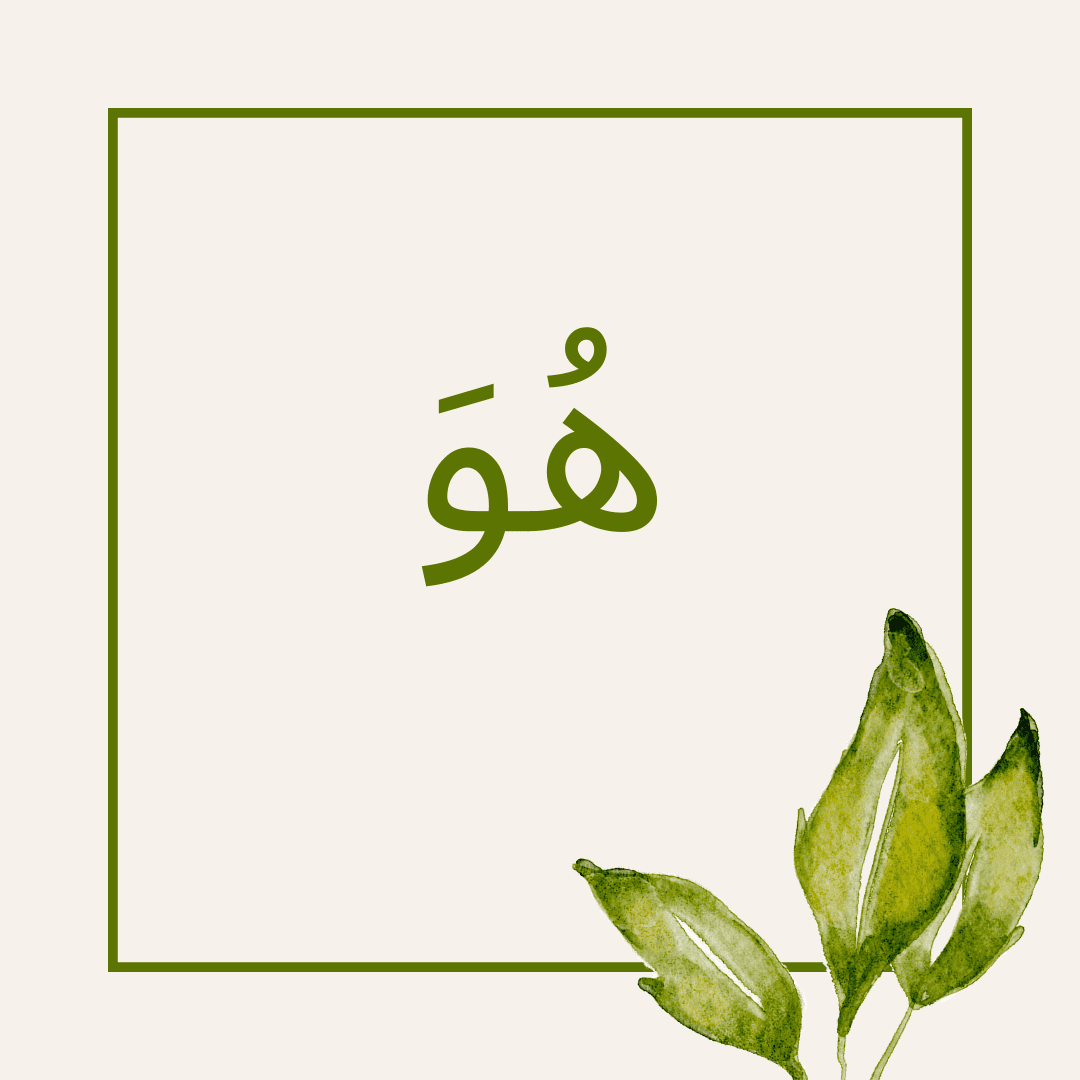Can we use feminine pronouns for Allah?

Discussions around the use of pronouns to refer to Allah have been a topic of recent debate. One point of contention is whether it is appropriate to use feminine pronouns (she/her) when referring to Allah.
This debate never existed before as the gender of Allah was never in question. Changing pronouns is a recent phenomenon based on the deconstruction of what constitutes gender as well as a push by feminists to address discrimination against women over centuries.
We need to separate political and social tussles from theology and the concept of the divine.
The Gender of Allah
In Islam, Allah transcends human notions of gender. We know that Allah is beyond the limitations and characteristics of His creation.
He made it clear that He resembles nothing we know or are familiar with. Nothing confines Him, including gender. He said in in Surat Ash-Shuraa:
فَاطِرُ السَّمٰوٰتِ وَالْاَرْضِۗ جَعَلَ لَكُمْ مِّنْ اَنْفُسِكُمْ اَزْوَاجًا وَّمِنَ الْاَنْعَامِ اَزْوَاجًاۚ يَذْرَؤُكُمْ فِيْهِۗ لَيْسَ كَمِثْلِهٖ شَيْءٌ ۚوَهُوَ السَّمِيْعُ الْبَصِيْرُ ( الشورى: ١١ )
[He is] Creator of the heavens and the earth. He has made for you from yourselves, mates, and among the cattle, mates; He multiplies you thereby. There is nothing like unto Him, and He is the Hearing, the Seeing. (42:11)
Linguistic Considerations
In Arabic, as with many languages, nouns and pronouns have genders – these do not necessarily denote their gender. For instance a ‘table’ (maidah) is feminine, the fact it is rereferred to as ‘she’ does not make it female .
When we refer to Allah with masculine pronouns like “He” and “Him” it is out of linguistic consistency, and does not suggest gender or biological attributes.
Divine choice
Those who have chosen to change the pronoun for Allah from He to She in their writings argue that the Arabic use of masculine pronouns is ‘misgendering’ Allah. However they are ignoring the fact that Allah Almighty Himself chose to reveal His words in Arabic and to use the pronoun ‘huwa’ for Himself. It is part of Allah’s wisdom and His divine choice so we need to preserve its integrity.
In Arabic, as in English, the pronoun ‘he’ can refer to both males and females. By contrast, the use of ‘she’ excludes the males. Changing masculine pronouns to feminine will lead to confusion and distort the intended meaning
Causing confusion
Using feminine pronouns for Allah is to misinterpret the Quran and define Allah based on gender, which is not the intention.
Changing the translation of the pronoun ‘He’ to ‘She’ does no erase or rebalance gender but ironically ascribes gender to God, whereas the use of the pronoun He does not imply it.
Writers who are using the feminine pronoun, on the basis that it ‘feels right to them’ are misguidedly mistranslating the Quran. They are dragging the Almighty into a political debate.
Metaphorical Language
Islamic theology uses metaphors to describe Allah’s attributes, like mercy and compassion, using feminine imagery such as connections to the womb. However, these metaphors don’t indicate a gender for Allah. They are tools to help humans understand divine concepts beyond their limited comprehension. Just as references to Allah’s Face or Hands shouldn’t be taken literally, these metaphors serve a similar purpose.
Concept of Tawhid
The core principle of Islam is the belief in oneness (tawhid) of Allah, emphasising unity, uniqueness and transcendence. Using feminine pronouns for Allah may introduce notions of duality or human characteristics, which undermines the monotheistic nature of Islam and can lead to anthropomorphism.
Respecting Divine Revelation
No one is allowed to change a dot of the Quran. It is distortion to change the pronouns of the Quran and those who change the Quran are curse.
In Islam, we see Allah as beyond human limitations and without a gendered identity. Allah is above His Creation and there is None like Him. We will never really know the reality of Allah Almighty.
We do not have the right to change Allah’s language or His pronouns, otherwise it is like being among those who distort Allah’s words, who are called yuharifoon in Surat al Baqarah:
۞ أَفَتَطْمَعُونَ أَن يُؤْمِنُوا۟ لَكُمْ وَقَدْ كَانَ فَرِيقٌۭ مِّنْهُمْ يَسْمَعُونَ كَلَـٰمَ ٱللَّهِ ثُمَّ يُحَرِّفُونَهُۥ مِنۢ بَعْدِ مَا عَقَلُوهُ وَهُمْ يَعْلَمُونَ ٧٥
Do you ˹believers still˺ expect them to be true to you, though a group of them would hear the word of Allah then knowingly corrupt it after understanding it? (2:75)
- The truth is more powerful than lies
- Does a bride’s wali have to be Muslim?
- Is is permissible to lead a salah split over different rooms?
- Global IT outage. When systems go down…
- The concept of worship. What are ibadah and ihsan – and how do they lead to self development?
Recommended Posts

Does a bride’s wali have to be Muslim?
July 25, 2024

Can I remove my hijab for a scan?
June 26, 2024

